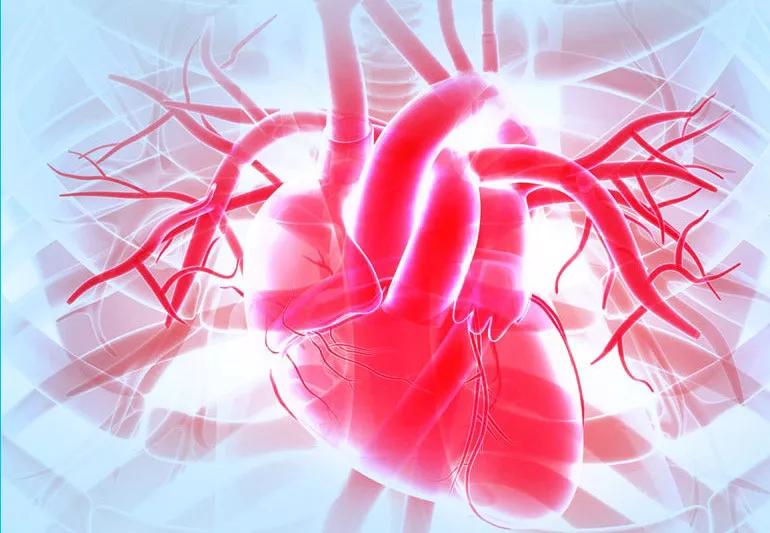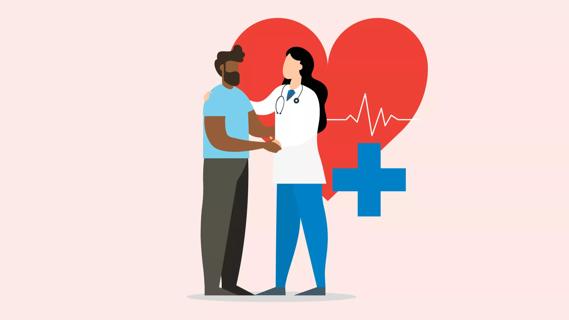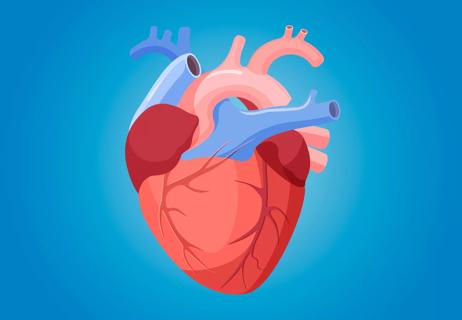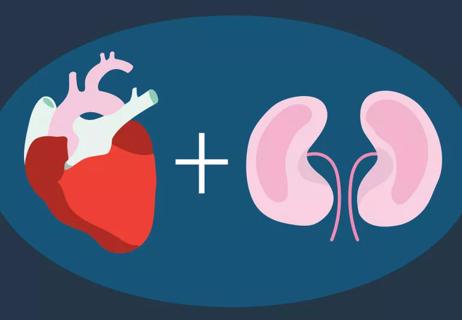Your life depends on this incredible organ doing its job 24/7

As you go through your day, you probably don’t spend much time thinking about your heart and all that it’s doing. But let’s take a few moments to appreciate this life-sustaining organ in your chest.
Advertisement
Cleveland Clinic is a non-profit academic medical center. Advertising on our site helps support our mission. We do not endorse non-Cleveland Clinic products or services. Policy
Your heart starts beating well before you’re born and continues its rhythmic work until the day you die. That’s just the start (and end) of its amazing story, though.
Here are a few more heart-related facts, courtesy of cardiologist Brian Griffin, MD.
Advertisement
Advertisement

Sign up for our Health Essentials emails for expert guidance on nutrition, fitness, sleep, skin care and more.
Learn more about our editorial process.
Advertisement

It’s an emergency if the pain doesn’t go away, gets worse or you have other worrying symptoms

Age, sex and genetics are just a few factors that can affect your risk of developing coronary artery disease

Move a little more, eat a little healthier, sleep a little better and destress a lot

Having underweight, having overweight and having obesity can be dangerous for your heart

Avoid smoking, eat a good diet and exercise to prevent your heart from aging prematurely

Unlock the secret of your body’s hardest-working organ

What's good for one is good for the other

What you need to know about BMI, fasting glucose, triglycerides and more

Even small moments of time outdoors can help reduce stress, boost mood and restore a sense of calm

A correct prescription helps your eyes see clearly — but as natural changes occur, you may need stronger or different eyeglasses

Both are medical emergencies, but they are very distinct events with different causes